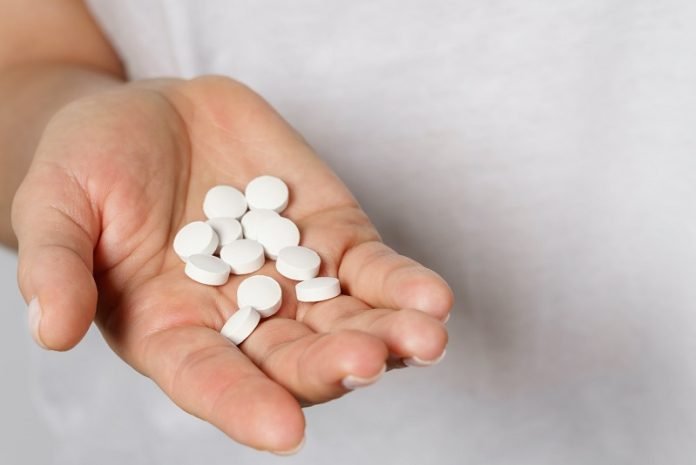
A recent study from the University of Copenhagen and elsewhere found none of the 41 most common high blood pressure medications increased the risk of depression, while 9 medications appeared to lower it.
This is the first study to examine whether blood pressure medications might influence the risk of developing depression.
Depression is common among patients with high blood pressure (also called hypertension), heart disease, and stroke.
In the study, the team analyzed real-life data on more than 3.7 million adults who took any of the 41 most commonly prescribed high blood pressure medications.
Thirty-seven of these medications are approved for use in the U.S. by the U.S. Food and Drug Administration.
The four main categories of blood pressure-lowering medications were reviewed: angiotensin agents (angiotensin-converting enzyme inhibitors, ACE inhibitors, and angiotensin II receptor blockers, or ARBs); calcium antagonists; beta-blockers; and diuretics.
The analysis found: None of the 41 most common high blood pressure medications increased the risk of depression.
Nine medications – a few within each category – strongly lowered depression risk: 2 of 16 angiotensin agents, 3 of 10 calcium antagonists, and 4 of 15 beta-blockers.
The nine high blood pressure medications found to significantly lower depression risk are enalapril and ramipril (angiotensin agents); amlodipine, verapamil and verapamil combinations (calcium antagonists); and propranolol, atenolol, bisoprolol and carvedilol (beta-blockers).
All nine are approved for prescribing in the U.S.
The team says it was highly surprising that none of the 41 most-used anti-hypertensives was linked to an increased risk of depression and that some within each of the three classes of anti-hypertensives showed protective effects against depression.
It is possible that the mechanism involved in decreasing the risk of depression is the anti-inflammatory effect among these nine medications.
Low-grade inflammation is common in high blood pressure and heart disease, as well as in depression.
If you care about blood pressure, please read studies about potatoes and high blood pressure and an effective way to treat resistant high blood pressure.
For more information about depression, please see recent studies about the key to depression recovery, and results showing why Ketamine can treat depression so fast.
The study was conducted by Lars Vedel Kessing et al and published in Hypertension.
Copyright © 2022 Knowridge Science Report. All rights reserved.



